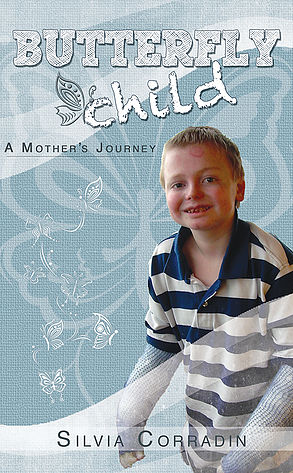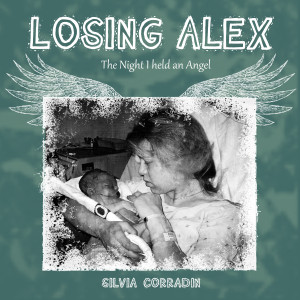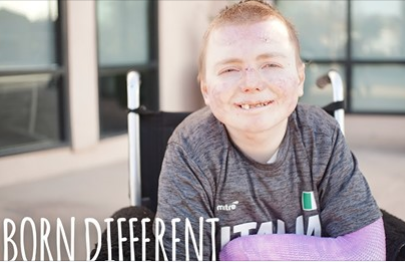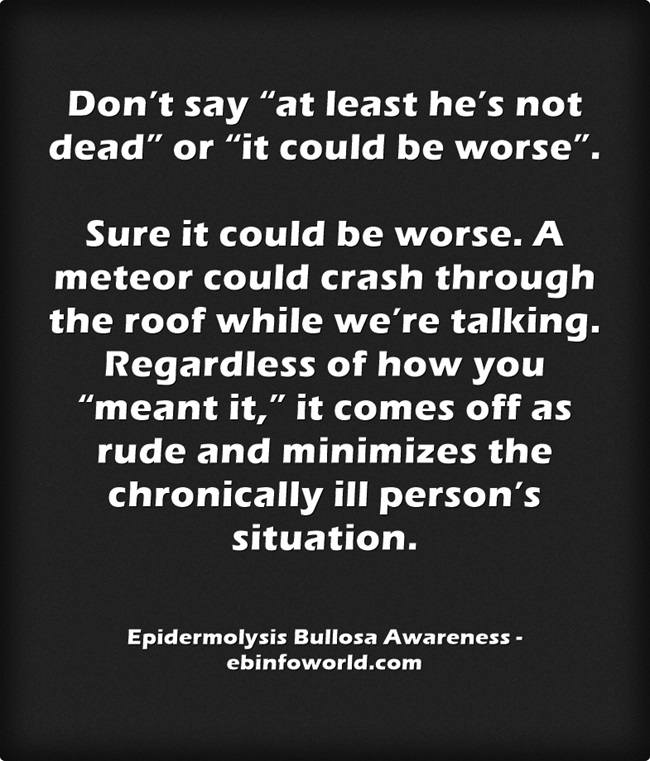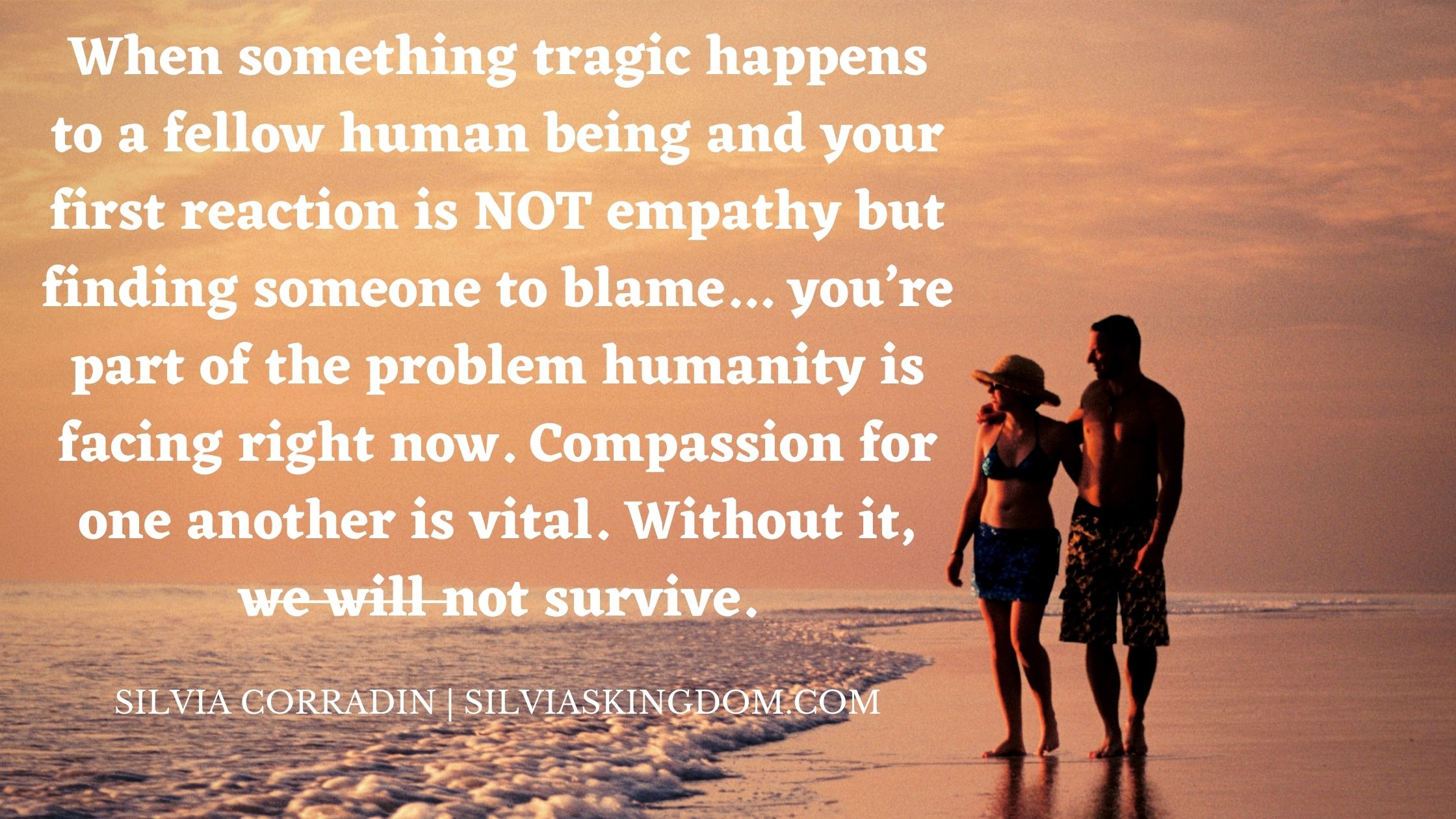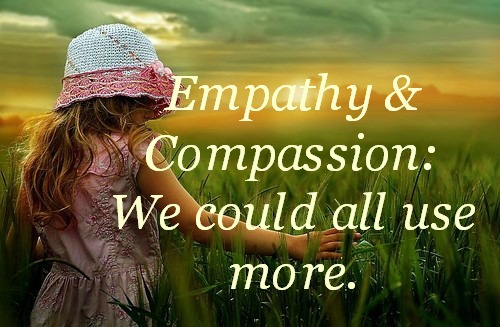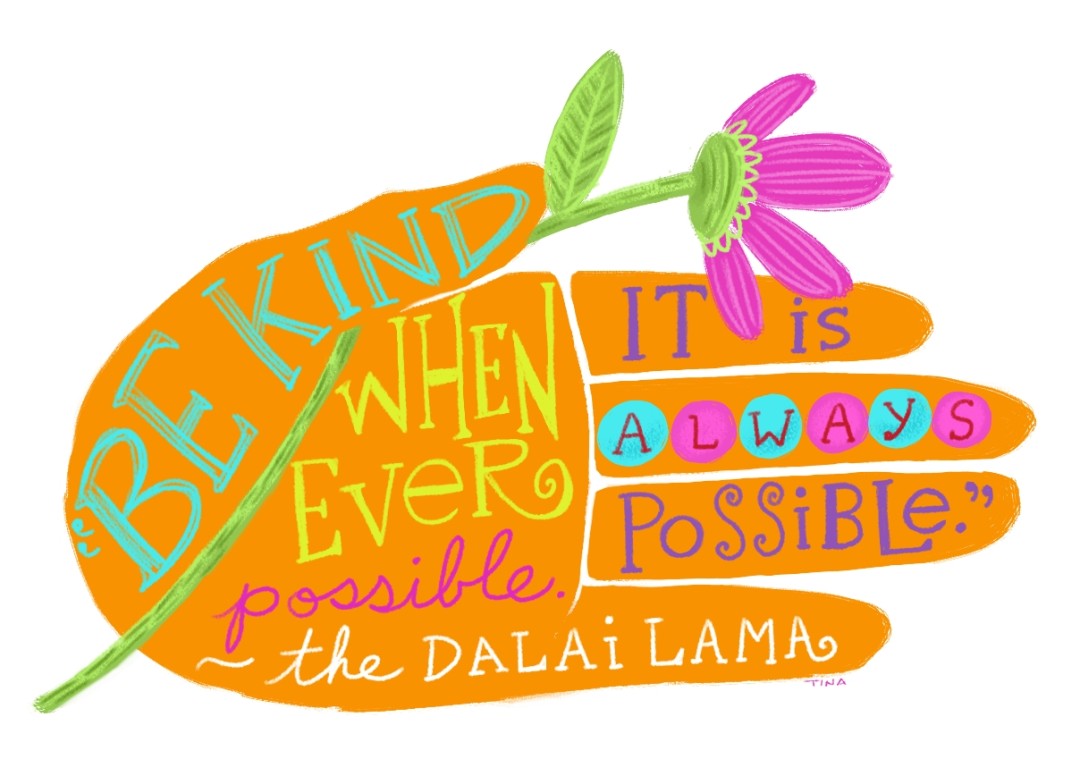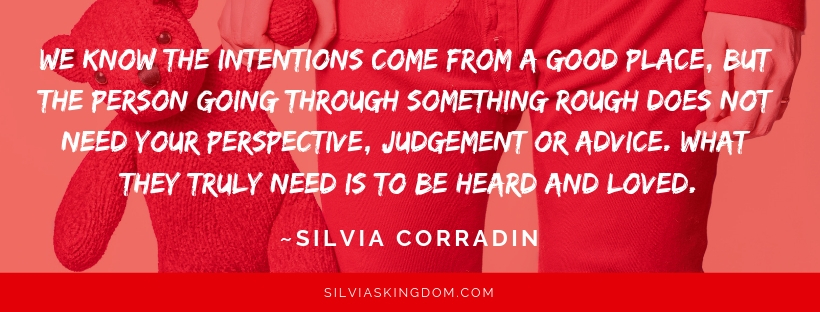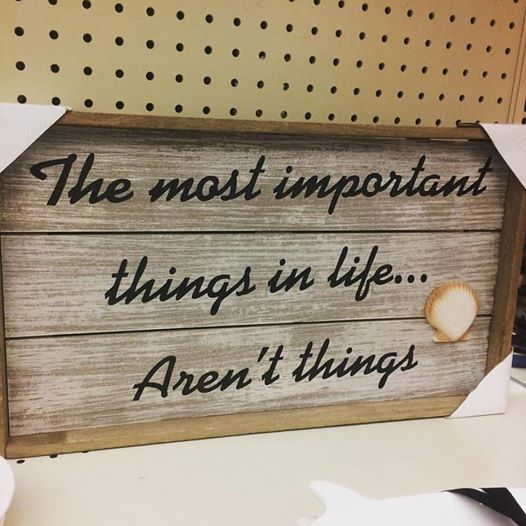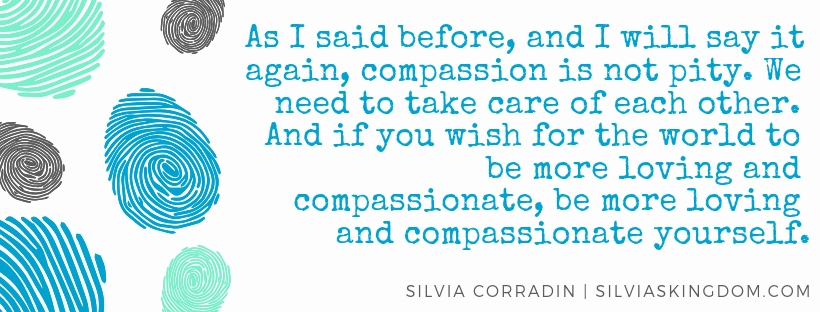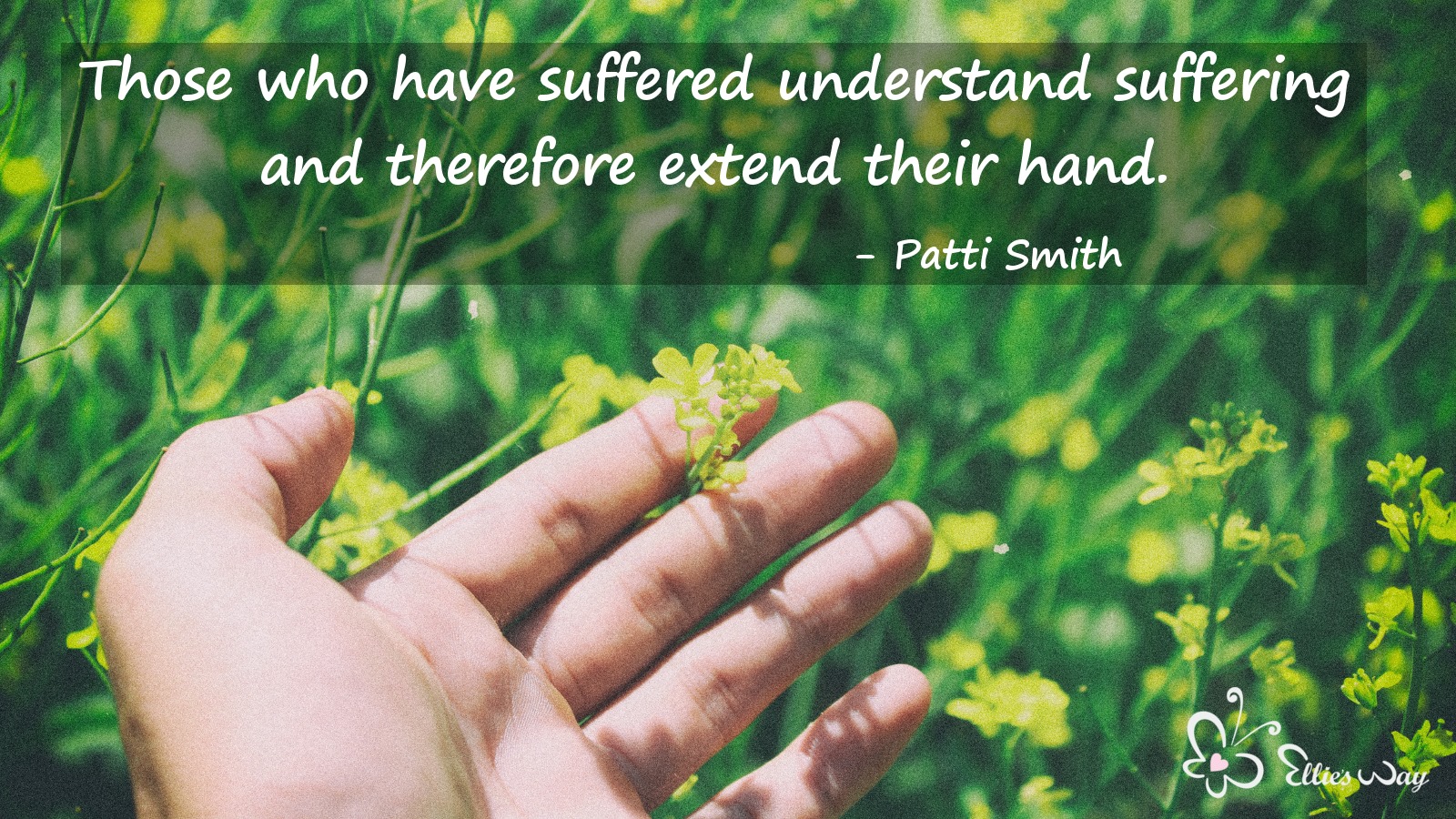Somehow, someway, life’s challenges and hardships help us evolve as human beings in a variety of ways. Having had hardships myself, and in turn, having met many moms who are disabled, or had to bury their children, or had children with profound disabilities, gave me an opportunity to learn compassion and empathy in ways people not exposed to this kind of life can understand. I may be able to explain how it feels to them, but I cannot make them understand it.
Some people, however, seem to have an innate sense of compassion that always surprises me. Not having gone through any true tragedy or hardship, they have that empathy gene that people much older could only wish for. They say the right things, they show they care. They are not afraid to ask the right questions, or offer their help with things. They are truly amazing.
In my book I write extensively about the lessons I learned from having a disabled child. How I no longer associate “success” with how many diplomas someone earns or how much money they make, but how happy they are and what kind of person they become. Sure, I would love if one of my children would end up at Harvard and became a famous and successful lawyer, but if they become assholes while at it, how successful are they in the end, really? True success is being a kind person, someone that is helpful, understanding, selfless, caring, doing what they love and loving their life. That is true success.
One of my older relatives once told me (relating to Nicky’s struggles) “It’s your cross to bear” and “you’ve ‘matured” and that was her way of being compassionate. I was upset by these comments if only because it showed me how she lacked the compassion gene. For one, sure, everyone has their crosses to bear, but it sounds very dismissive. And… matured from what exactly? Considering I was the kind of teenager that never went out, smoked, drank, did pot or worse, I found it quite disturbing. I was truly insulted. Sure, we all “mature”, but is that truly a compliment? It seemed a put down to me. Thankfully at the time of this comment I was reading a book by James Van Praagh, and in it I was reminded how we must dismiss others judgements and simply concentrate on our truth. Other’s views of us have more to do with the eye of the beholder than reality, and compassion for others is something that needs to be experienced on our own skin to give. Someone that never truly experienced overwhelming grief or horrible circumstances beyond their control, is ill equipped to grasp the concept of how much a little compassion can accomplish.
Minimizing or dismissing anyone’s feelings is never a good idea, most especially the feelings of someone going through a lot. Telling them things could be worse is such an upsetting thing to utter. Of course things could be worse! Duh. All we need to do is turn on the news and watch what’s going on in war-torn countries or see babies wash ashore to get a clear idea. But people don’t get compassion by watching people struggle. They get compassion by struggling themselves. Everyone learns compassion in different ways as well. One person is going to learn compassion through what it is to be given compassion. Another person is going to learn compassion by never getting it and wanting it, so they choose to give it.
In the end, kindness is key. If you all you have to give is a prayer and a hug, it’s ok.
Love & Light,


